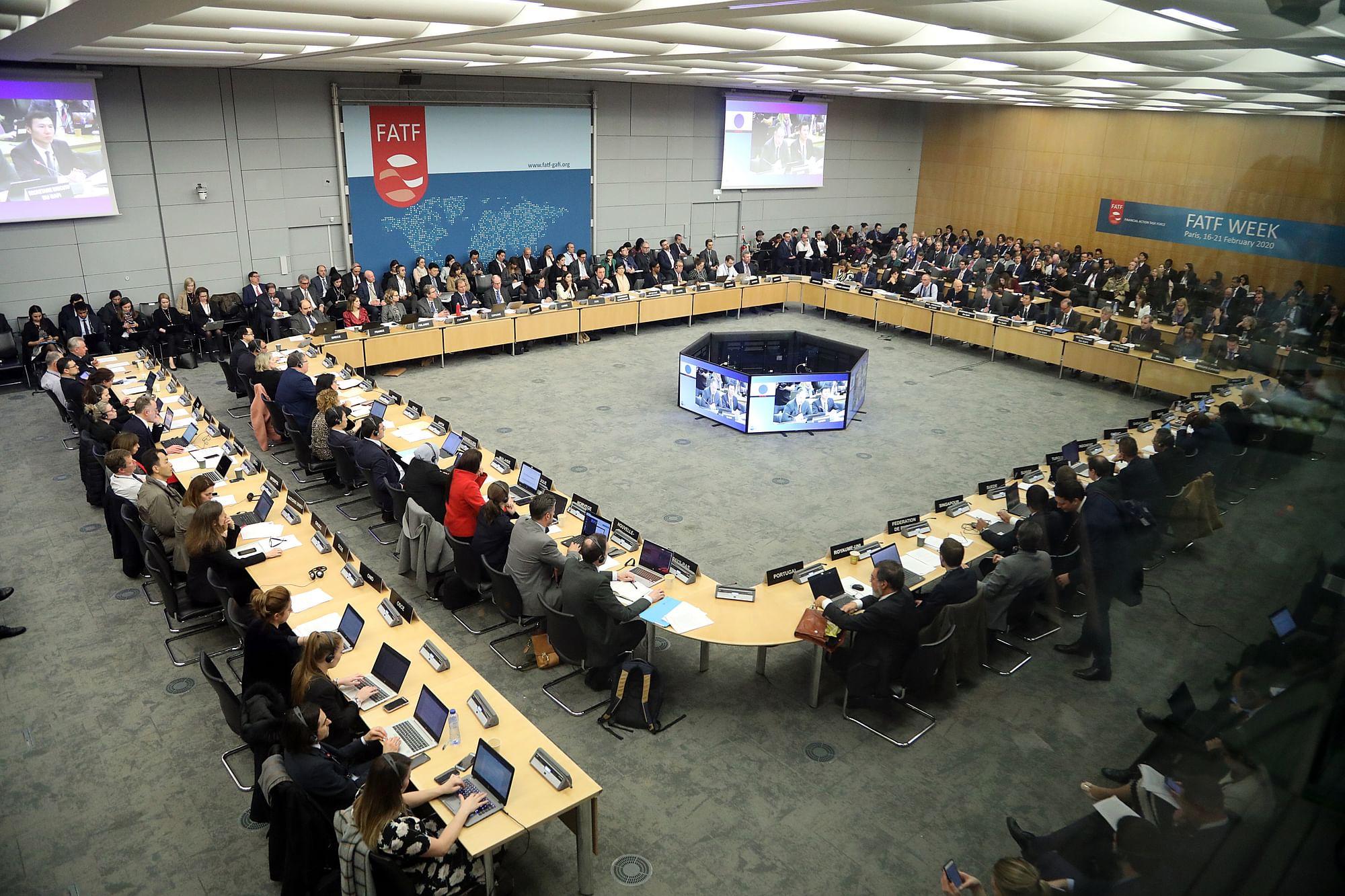Pakistan’s Senate has adopted a measure to create a central body to combat money laundering and terror funding by uniting all Financial Action Task Force (FATF) institutions under one leadership.

What is FATF?
- The Financial Action Task Force (FATF) is an intergovernmental organisation founded in 1989 to combat money laundering and financial crimes.
- Pakistan was added to the FATF grey list in 2018 as a result of its efforts to combat money laundering and terrorist financing.
- However, Pakistan was able to depart the grey list by implementing thorough reforms and strategic actions.
- The country’s progress in improving legislation relating to money laundering and terrorism financing was critical in reaching this milestone.
Role of FATF
- Combating Global Financial Crimes: In response to the growth of the global economy and international trade, the FATF sets rules to combat money laundering and terrorist funding.
- Regulatory suggestions: The organisation makes suggestions to combat financial crime, examines members’ policies and procedures, and advocates for the global acceptance of anti-money laundering rules.
- FATF frequently changes its recommendations in order to remain abreast of changing financial crime strategies.
Important initiatives: Black and Grey Lists
- The FATF grey list includes countries that are deemed safe havens for terrorist funding and money laundering. Inclusion on this list serves as a warning for possible inclusion on the more serious blacklist.
- Call to Action (Black List): The “Non-Cooperative Countries or Territories” (NCCTs) list, also known as the “black list,” lists countries that do not follow FATF recommendations.
The Importance of FATF Membership Economic
- Sanctions on the Grey List and Reduced Trade: Countries on the grey list may face economic sanctions as well as reduced international trade prospects.
- Loan Difficulties: Access to loans from international financial institutions such as the IMF, World Bank, and ADB may be constrained.
- International Boycott: The country’s global reputation may suffer as a result of international boycotts.
What is Pakistan doing now?
- The law intends to establish a National Anti-Money Laundering and Counter-Terrorism Financing Authority, which will be overseen by a chairman selected by the Prime Minister.
- Coordination and cooperation: The authority will serve as a hub for the FATF and other similar organisations.
- Cohesive Response: The proposed authority will serve as a central institution, allowing Pakistan to respond to money laundering and terror financing in a cohesive manner.
- Entity Institutionalisation: The bill attempts to institutionalise various institutions, resulting in increased efficiency and collaboration in dealing with financial concerns.
Challenges Addressed:
- The bill targets three areas of difficulty: anti-money laundering, counter-terrorism financing, and targeted financial sanctions encountered by Pakistan when it was on the FATF grey list.
- Threats to the Global Financial System: When Pakistan was placed on the FATF grey list in 2018, money laundering and terror funding were regarded as serious dangers to the global financial system.
FATF Review and India’s Position Multifaceted Review:
- The FATF review evaluates 40 parameters pertaining to law, justice, revenue, banking, and insurance, as well as nine parameters connected to terror financing.
- Review Timeline: The review began early this year and is slated to conclude by the end of 2024, with India being the only country to have postponed its review owing to COVID-19.
Source: https://www.fatf-gafi.org/en/home.html
